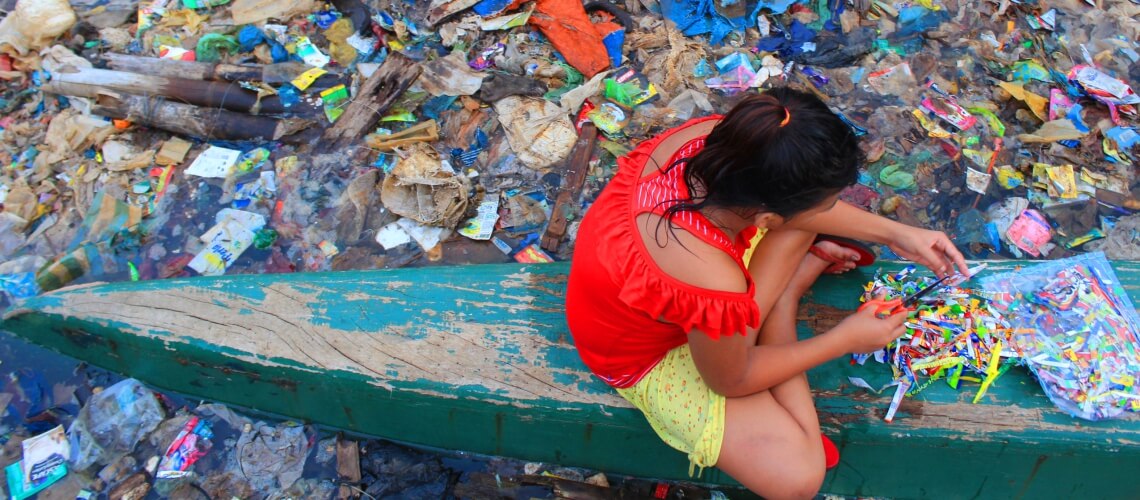
Breadcrumb
SEA-MaP

The Southeast Asia Regional Programme on Combating Marine Plastics (SEA-MaP) Regional Project
The Southeast Asia Regional Program on Combating Marine Plastics (SEA-MaP) Regional Project is funded by the World Bank. Its objective is to support the Association of Southeast Asian Nations (ASEAN) Member States (AMS) in the implementation of the ASEAN Regional Action Plan (RAP) for Combating Marine Debris, which seeks to reduce marine plastic pollution and mitigate its negative impacts. Ultimately, the project seeks to reduce plastics consumption, increase recycling, and minimize leakages to prevent land and sea based marine plastic pollution in Southeast Asia. SEA-MaP was originally launched in 2022, and is expected to run until 2027.
The SEA-MaP Regional Project is divided into two main components:
- Strengthening Policies and Institutions for Plastics Circularity
The SEA-MaP Regional Project will support regional actions aligned with the ASEAN RAP. Through the development of regional guidelines, enhancement of plastics metrics and monitoring, and support for policy harmonization, the project aids in implementing the ASEAN RAP. The project's goals are designed to surpass its lifespan, aiming to strengthen regional actions and integrate them within the existing ASEAN structure, alongside fostering capacity building for decision-makers, private-sector champions and other relevant stakeholders. This component includes the following envisioned deliverables:- Best Practice Manual on Standards for Plastic Packaging
- Regional Guidebook on Standards for Responsible Plastic Waste Trade, Sorted Plastics, and Recycled Plastics
- Regional Guidebook on Financial Mechanisms for Investments in Plastic Waste Management
- Regional Guidebook on Phasing Out Single-Use Plastics
- EPR Handbook and Customized Toolkit
- Regional Baseline Report (including on policies)
- Guidebook for common methodologies for assessment and monitoring of plastic pollution
- Regional Training Program on Plastic Waste Management
- Establishing Regional Platforms for Innovation, Knowledge Sharing, and Partnerships
The SEA-MaP Regional Project is committed to creating and institutionalizing Platforms for innovation, investment, knowledge sharing, and partnerships across ASEAN to address plastic pollution. These platforms, aiming to bolster sustainability, will foster collaboration with regional private-sector champions and support existing data and research networks. They are designed to promote circular economy solutions and encourage plastic reduction partnerships. Further, these platforms seek to catalyse private sector investment and support. The Platforms will provide technical assistance to plastics innovators, especially focusing on women-owned innovations, social enterprises, and NGOs, to help turn innovative ideas into proofs of concept, pilots, and bankable business solutions. This component includes the following envisioned deliverables:- Regional Platform for Innovation and Investments
- Web Platform/ ‘Marketplace’ for Investments/Innovation
- Annual Technology/Innovation Expos Sustainability Strategy
- Resource Mobilization Strategy
- Knowledge Sharing and Training
- High-Level Policy Dialogue and Discussion
- Communications products
PEMSEA Resource Facility serves as a Technical Advisory Organization to the SEA-MaP regional project. In this role, PEMSEA works directly with UNOPS Regional Implementation Support Unit (RISU) to undertake the technical preparation of bids, evaluate consultancy proposals and advise on consultant choice, evaluate the submission of project deliverables, and provide other technical support to the SEA-MaP regional project.